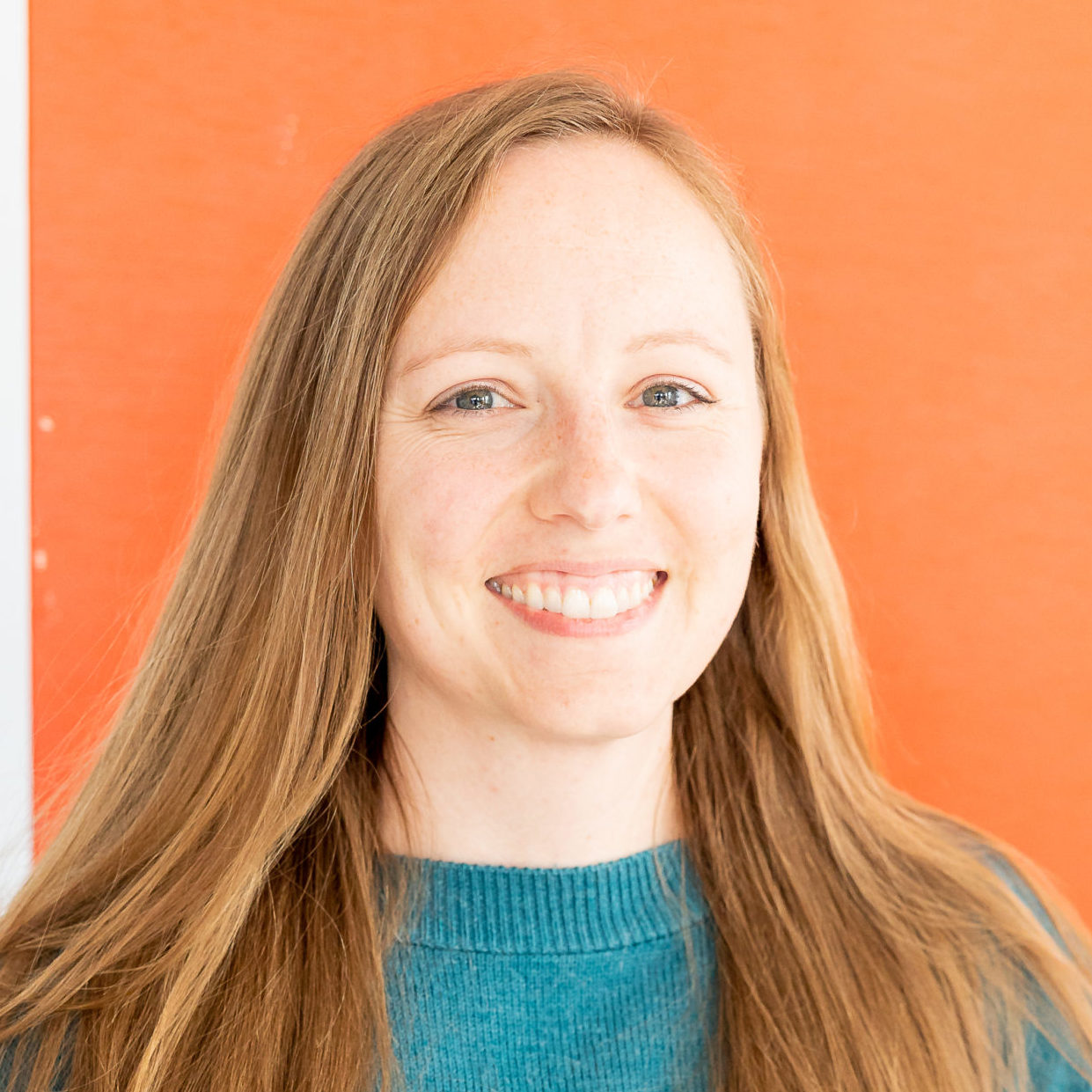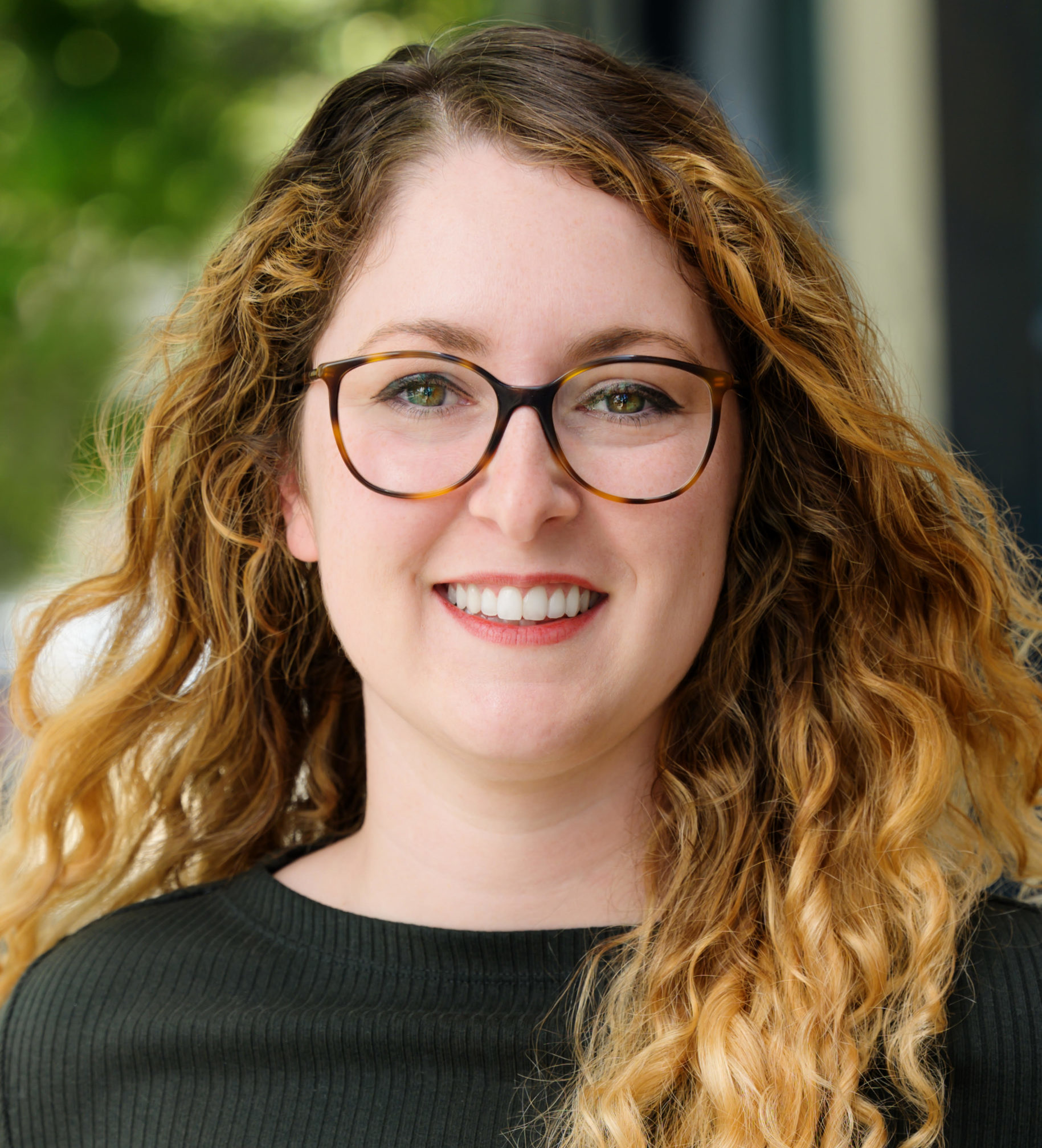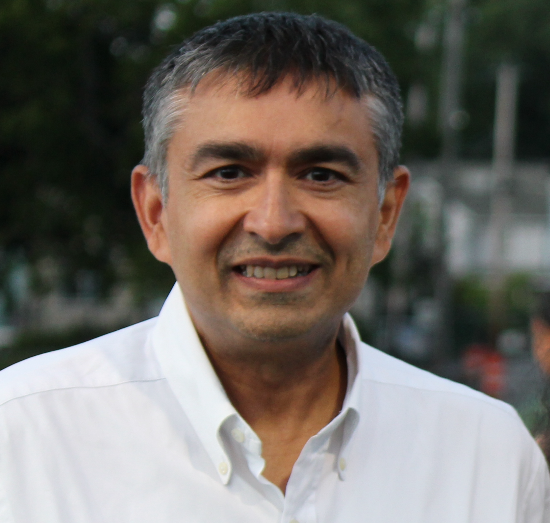Friday, July 22, 2022
9:30 AM – 10:30 AM

Kali Brandt
Senior Scientist
Galy
Ph.D., Crop Science: Wheat Breeding & Genetics, Oregon State University
Dr. Kali Brandt is a Senior Scientist at GALY, a cutting-edge biotechnology company working towards transitioning the world to cellular agriculture. Dr. Brandt first entered the industry in 2011 at an agricultural biotechnology firm working with wheat. She found a passion for using science, and genetics in particular, to improve human health and the environment through manipulating agricultural crops. Her interests led her to pursue a Ph.D. under Dr. Robert Zemetra in the Wheat Breeding & Genetics program at Oregon State University. Her research included mitigating impacts of climate change by altering the wheat’s responses to temperature and disease via traditional breeding, next generation sequencing, and marker assisted selection; determining the feasibility of using non-transgenic CRISPR editing via biolistics in a public breeding program; and designing a new technique for the in vivo analysis of CRISPR-Cas sgRNA targets using protoplasts. Upon graduating, she continued developing novel techniques for non-transgenic CRISPR editing of wheat at OSU as a Postdoctoral Research Associate. In 2020 she began a Research and Teaching Postdoctoral Fellow position at Clark University where her work on developing novel CRISPR editing techniques continued, along with developing and teaching a course on plant breeding and agriculture throughout history. She has experience in private industry, academia, and public industry. She always had a strong desire to move back to private industry and continue working towards sustainable agriculture, which led to her current position at GALY, where she works on developing in vitro cotton fibers which use 78% less water, 81% less land, and 80% fewer CO2 emissions than conventional cotton production.

Jessica Golden
Director, R&D, Materials
Sepion Technologies
Ph.D., Chemistry, University of Southern California
Dr. Jessica H. Golden is the Director of R&D, Materials at Sepion Technologies, an LBNL spin-out headquartered in Emeryville, CA. Dr. Golden is driven by a personal mission to mitigate climate change and its deleterious effects on our planet. After earning her PhD in chemistry 2018 under Mark E. Thompson at the University of Southern California for her research on the molecular design of small-molecule heteroaromatic chromophores for organic photovoltaic and high-efficiency organic light-emitting diode applications, she joined Sepion Technologies, where she led the aqueous materials team, researching the design of microporous materials to enable inexpensive, sustainable grid-scale energy storage technologies. Over the past four years, her role has grown to involve all aspects of materials innovation for Sepion’s core technology – high energy density lithium metal batteries. Today she shares her experience building a fully closed-loop, data-driven materials innovation program to solve the toughest problems in electric vehicle (EV) batteries – how to make them cheaper, lighter, and longer-lasting. Her team at Sepion uses the latest in nanoscience, polymer engineering, computational chemistry, and machine learning to accelerate materials development and adapt to change quickly in the competitive landscape of EV battery engineering.

Ravi Ramachandran
Distinguished Engineer
IBM Research
Ph.D & M.S., Materials Science & Engineering, University of California, Berkeley
Ravi Ramachandran was appointed IBM Distinguished Engineer in Research in April 2022.
Since joining IBM in 2003, Ravi has worked on multiple technology nodes starting from 90 nm (10S0). Most recently, he completed the 7HPP technology qualification with Samsung Foundry, which is used in Systems Z16 Telum Processor (General Availability (GA), in 5/22) and in E1080 using P10 processors (GA 9/21). He lead the process integration team on 14SOI, which had many firsts for IBM: SOI finfet and eDRAM with replacement metal gate technology. Both these works resulted in Corporate Technical Awards. His work on gate-first high-K metal gate was used extensively for 32LP/28LP chips manufactured by Samsung foundry and by IBM in 32SOI/22SOI generations. Prior to joining IBM, 1996 through 2002, he worked for Siemens Microelectronics and Infineon Technologies in the DRAM Development Alliance with IBM and Toshiba. During that time, he worked on process development and integration roles from the 200nm to 110nm DRAM technology nodes.
Ravi received his M.S and Ph.D. from the University of California at Berkeley in Materials Science and Engineering in 1992 and 1996 respectively. He got his B.Tech in Metallurgical engineering from IIT-Kanpur in 1989.